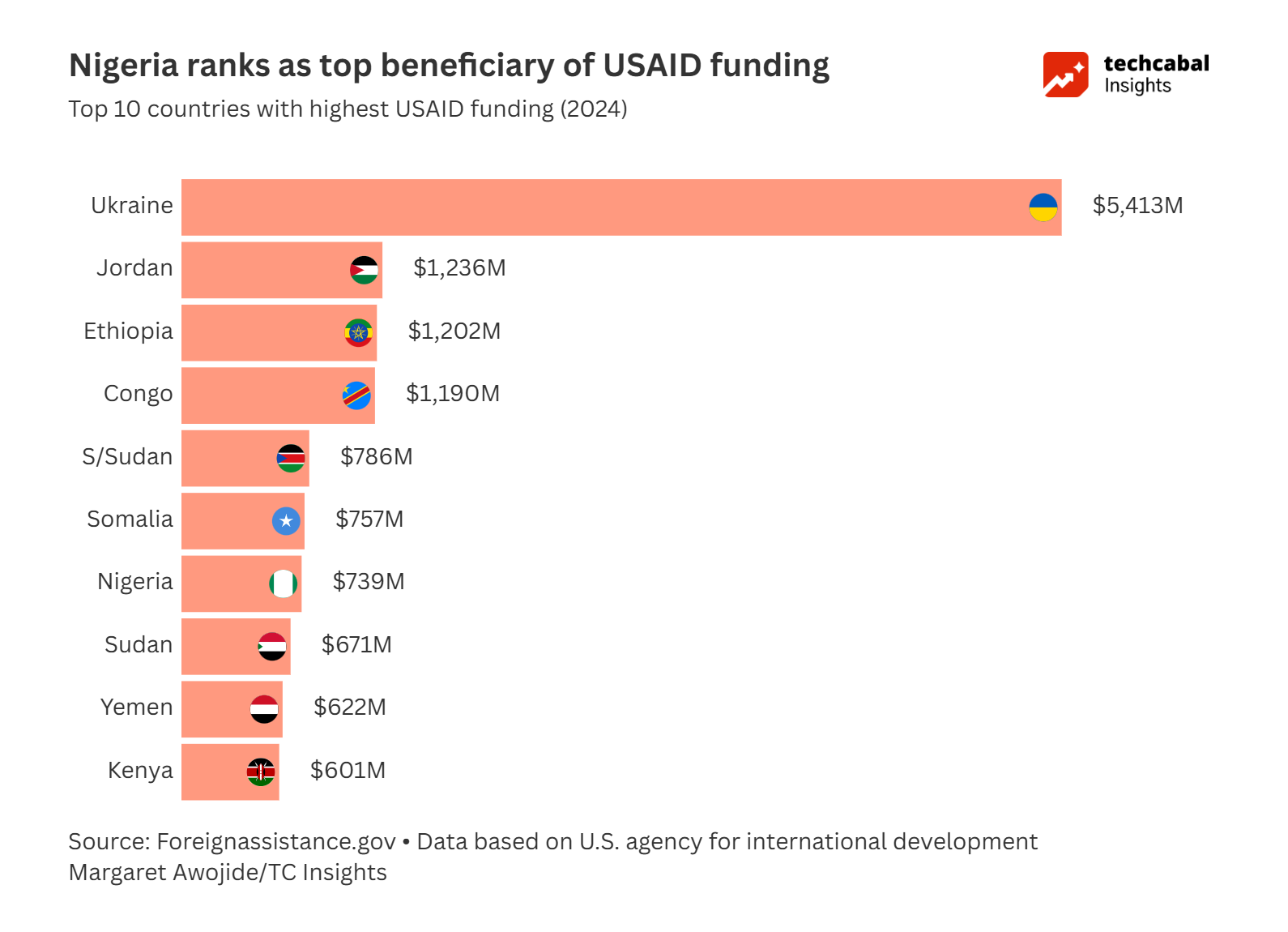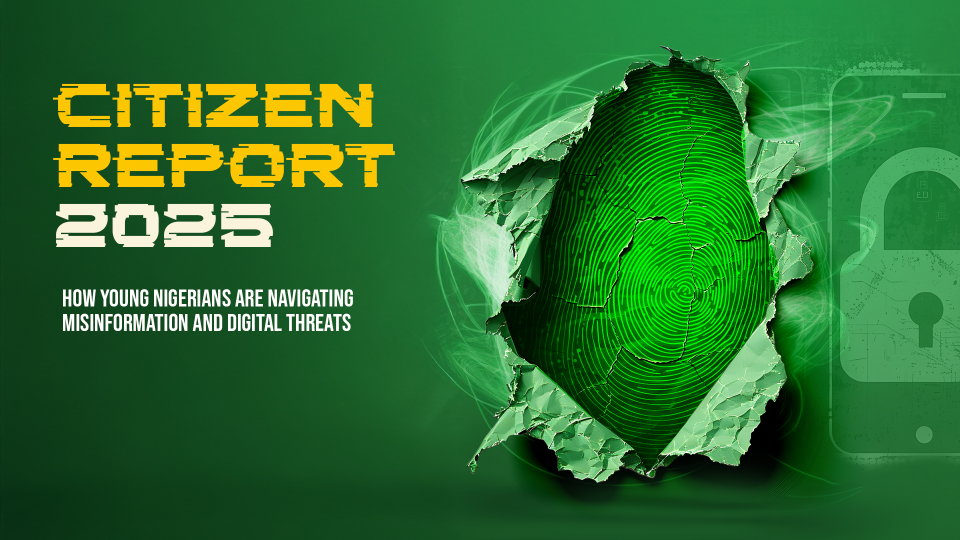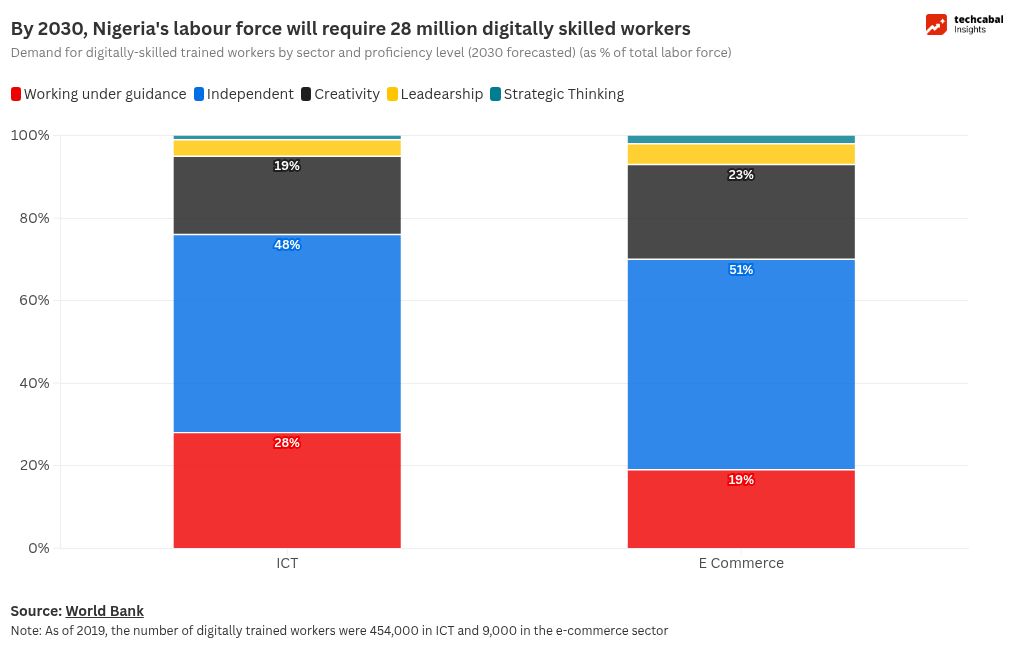For over a decade, Nigerian civic tech organisations have enabled citizens to track budgets, fight misinformation, and demand accountability from government organisations. However, many of them rely almost entirely on foreign grants to operate.
In January 2025, the U.S. government froze funding for all new and existing obligations. This pause had immediate consequences. A 2025 survey by the EU SEE network found that 67% of civic organisations were directly affected, with 40% reporting budget losses of up to 50%. As one of USAID’s top funding recipients in 2023 and 2024, Nigeria was among the hardest-hit countries.
Civic tech matters. While it may not receive as much attention as fintech, healthtech, or other tech sectors, it plays an important role in fostering transparency, scrutinising government actions, and keeping citizens informed and engaged. Over the years, platforms like BudgIT have made public budgets easier to understand and have held the government accountable for its spending and project delivery. For example, Tracka has empowered communities to monitor over 19,000 public projects across Nigeria. Citizens’ Gavel, another civic tech organisation, improves access to justice through free legal services and its AI legal assistant, Podus AI. These tools may not trend online, but they quietly sustain democracy.
ALSO READ: Can blockchain help to curb dangerous policing in Nigeria?
Despite their impact, these organisations are built on a fragile foundation. Nigerian civic tech organisations have long depended on foreign aid to survive. In 2023 alone, $36.7 million in USAID funding went to CSOs in Nigeria.
While this support has enabled the civic innovations we see today, it also comes with risks. USAID funding to civic organisations dropped by about 76% between 2023 and 2024, even before the funding freeze in 2025.
Africa Check, a leading fact-checking NGO with offices in Nigeria and South Africa, is funded almost entirely by foreign partners. This funding pattern shows the vulnerability of the civic tech sector. Due to the USAID funding freeze, a civic NGO in Sierra Leone, the Campaign for Human Rights and Developments International that received about $1 million in USAID funding was forced to pause operations as the freeze meant loss of funding meant to support democracy and civic education. Foreign aid is never guaranteed, and if more funding streams dry up, the consequences could be devastating.
In an interview with Oluseun Onigbinde, CEO of BudgIt, he emphasised the urgency of rethinking the sector’s funding model: “Long-term funding is also a challenge. The funding landscape is shifting. With changes like the cut in USAID funding, we must create new funding models. We can’t keep relying only on philanthropic support from the West.”
ALSO READ: How are young Nigerians navigating misinformation and digital threats?
The solution lies in diversifying funding sources. Nigeria needs more incubator programmes that offer business development support, mentorship and seed funding. A strong example is CivicHive, which has helped launch 26 civic tech organisations and facilitated more than $1 million in funding.
Civic tech organisations should also explore revenue models. In the U.S., Zencity, a civic tech startup operates a subscription-based platform that helps local governments track public sentiment using data from surveys, social media, and other citizen inputs. Currently, Zencity has over 400 local government partners, including 8 of the 10 largest U.S. cities. Zencity demonstrates how civic tech can be impactful while staying financially viable.
The government must also recognise its stake in sustaining platforms that uphold democratic values. Local philanthropy, corporate foundations, and citizens all have a role to play in supporting the civic tech sector. Civic tech cannot depend forever on distant donors. Its future will depend on whether those closest to the problems are also willing to invest in the solutions.










